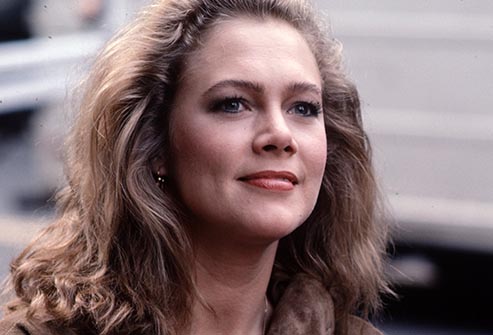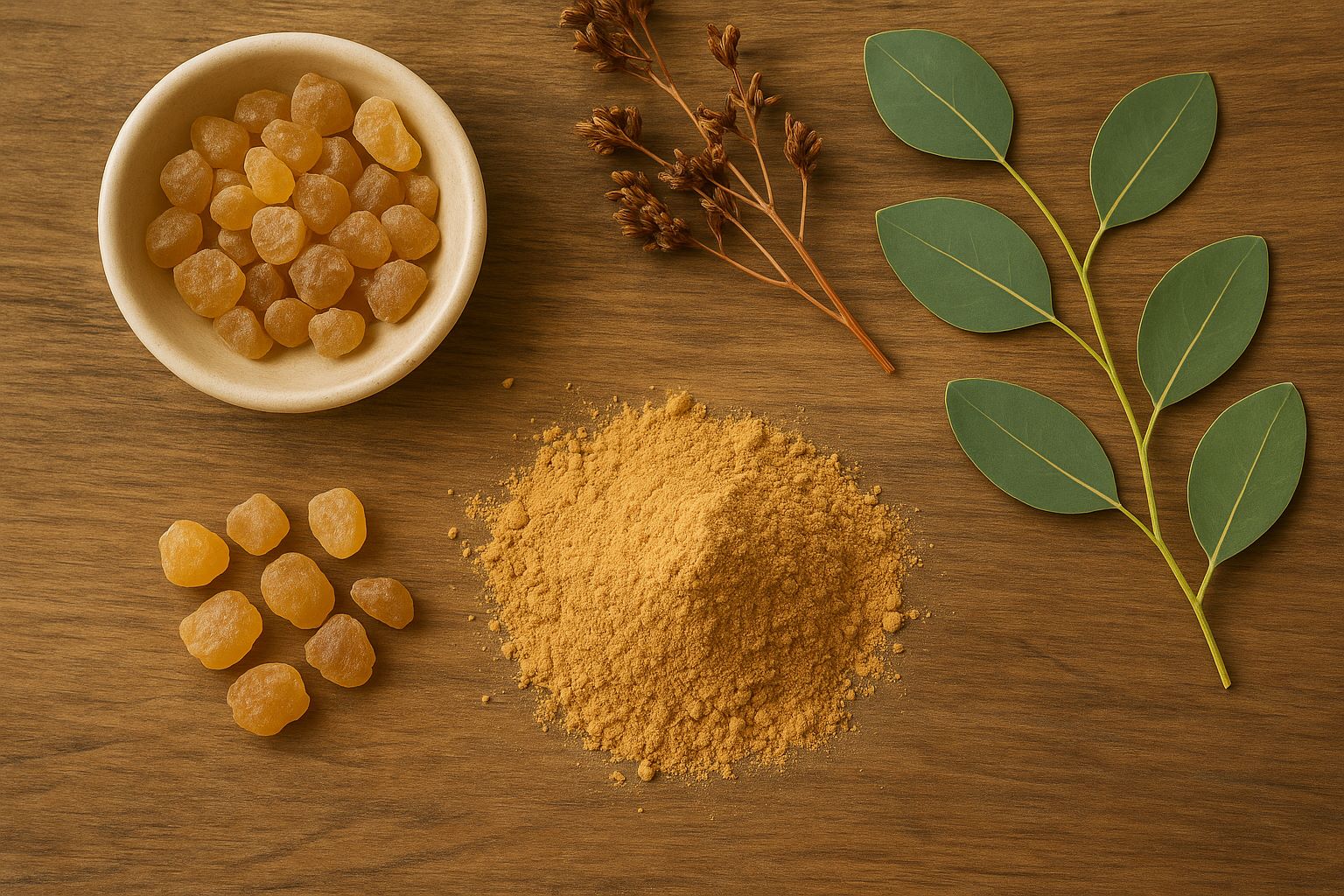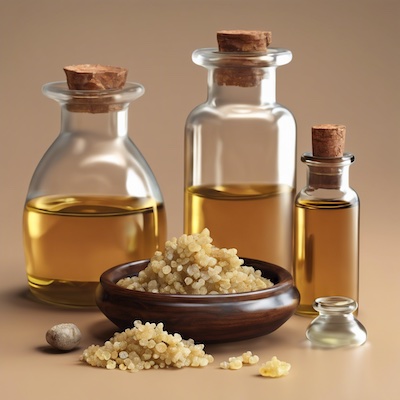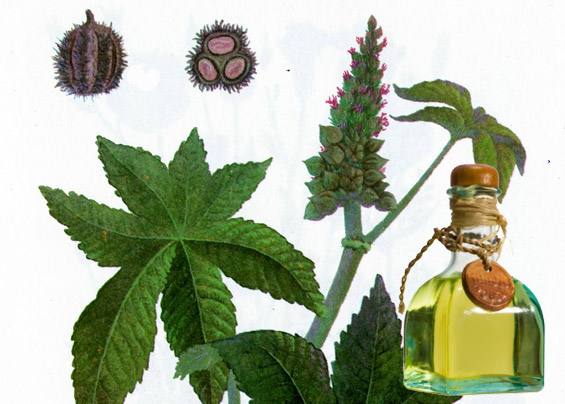Actress Kathleen Turner once proclaimed: 'On a night when I feel really good about myself, I can walk into a room, and if a man doesn't look at me, he's probably gay.'
It's the kind of provocative statement that could have been delivered by any one of the smouldering yet tough-as-old-boots vixens she has played in films such as Body Heat, Romancing The Stone and The Jewel Of The Nile.
Although she was one of the most bankable Hollywood stars of the 1980s, today Kathleen, 60, is the first to admit her days as a big-screen leading lady are behind her. Instead she has had to contend with the ravages of rheumatoid arthritis (RA), and the bloating side effects of powerful medication and multiple surgeries used to treat it.
- Film star Kathleen, 60, has had rheumatoid arthritis (RA) for 20 years
- She had to contend with bloating side effects of medication and surgeries
- New medication and devotion to exercise have been key to her recovery
- She also says unusual remedy has been very helpful: £30 copper insoles
- Theory: 'metal within is absorbed through skin and circulated to relieve pain'
But the tumbling, honey-coloured hair and that voice - most famous for providing the gravelly tones of Jessica Rabbit in Who Framed Roger Rabbit - remain, and after more than two decades battling symptoms, Kathleen says she is 'in a really good place now'.
'I've just come back from Pilates and I'm feeling good,' she says, relaxing with her cat Simon in the London flat she is renting while appearing alongside Ian McDiarmid in Bakersfield Mist at the Duchess Theatre in London.
Her condition - and the chronic pain that became a way of life - is now under control, but it has been a long journey. 'I was diagnosed when my daughter was five - she's 26 now. That's how long I've been fighting this thing,' she adds.
At the time of Kathleen's diagnosis, there was speculation that alcoholism was to blame for her dramatically changed appearance.
'The drugs blow you up like a balloon - it's pretty ugly,' she explains. 'Quite honestly, my looks simply weren't a priority. It was hurtful to have people assume things about you, but it simply wasn't as important as just surviving.'
But then, Kathleen did start to drink as a way of coping with the pain. 'I made that mistake for a while. You can't get away from it [the discomfort]. It's not like you lie down or you stand up or you find some other posture that will lessen it. It doesn't because it's in your bones, in your joints. There's no way to escape it - it's a constant companion. You just get more used to it.
'And I discovered that, lo and behold, alcohol is a painkiller. For some reason I thought, "This is what I'll do," until I realised that it was interfering with my work, so that had to stop. Bad enough that I had to deal with my lack of mobility, I couldn't also have a lack of focus.'
New medication and devotion to exercise have been key to Kathleen's recovery, but she also wants to talk about an unusual remedy that, along with conventional treatments, she claims has been remarkably helpful: £30 copper insoles.
Called Copper Heelers, they were first recommended to her 14 years ago by her friend, actress Maureen Lipman, who had found they reduced her own shoulder pain.
'Maureen gave me a pair, but I lost them in my travels. Then, when I arrived in London recently, I took a pair of shoes in to be fixed [at Tony Andrews specialist orthotic shoemaker in London] and saw them there. I said, "I used to have those," and Tony said, "Yes, Maureen gave them to you." It's happenstance. So now I have them again.
'I'm a New Yorker and I walk a great deal - London is ideal for that. But my feet are so damaged I need a comfortable shoe, and the soles promote a little more support. I firmly believe that if it doesn't hurt and it might help, then do it. But after three weeks of wearing them I noticed an amazing difference. I have been able to walk long distances without pain.'
You can't get away from it [the discomfort]... it's in your bones, in your joints. And I discovered that, lo and behold, alcohol is a painkiller'.
Rheumatoid arthritis is a chronic inflammatory disease of the joints, causing pain and swelling. Hands, feet and wrists are commonly affected. It is estimated that 646,000 people in the UK have RA and, like other autoimmune diseases, it affects more women than men.
Although not hereditary, it can run in families. 'I have the gene evidently from both sides of the family and other family members have RA too,' says Kathleen. 'I've had my daughter tested and, thankfully, she only has the gene from me, so hopefully there's no reason why she will become acute. But it was inevitable that I was going to get RA.'
Kathleen recalls that her symptom was swollen feet. 'I couldn't get into any of my shoes so I ended up wearing my husband's trainers. I was sent to a podiatrist and he took X-rays and suggested that perhaps I was being a little vain, trying to wear shoes that were too small for me.
'Then it hit my left elbow very badly and I couldn't move my arm at all. A sports doctor did an MRI scan which showed distortion and inflammation in the bone. He wanted to do exploratory surgery. I said, "Why would we do surgery if you don't know what you're looking for?" Then I couldn't turn my head - the smaller vertebrae of my neck were not moving.
'What accompanies RA is flu-like symptoms - you run a little fever and you're constantly aching. So I finally went to my GP and said, "I think I'm dying." '
The doctor carried out a full blood screening, which revealed that Kathleen had high levels of rheumatoid factor, an antibody found in most patients with the condition. It was a relief finally to have a diagnosis after a year of tests, pain and anxiety. But the treatment at the time - high-dose steroid drugs, which reduce inflammation - came with many side effects. It left her looking bloated and, just like the disease, it affected her bone and tissue, requiring regular bone-density scans.
'Finding out I had RA was a huge shock,' she admits. 'I never quite realised how much I delighted in and how much my confidence was based on my physicality, my ability to move and play sports or do stunts.
'My identity was so wrapped up with being able to move that this left me so badly shaken. When you can't walk up stairs, or you can't open a bottle and you can't put shampoo in your hands… it was quite devastating to be so helpless.'
After her dalliance with alcohol, Kathleen decided to fight back. 'They told me I would end up in a wheelchair for the rest of my life. Well, that was never going to happen, not as long as I could walk and talk. I fired that doctor!
'I would often be contacted by people who told me that their doctor had said if the pain was bad, then go to bed. No! It's the worst thing you can do. If the pain is bad, get in a pool and just move. They make me crazy, those doctors.'
Kathleen tried alternative therapies, including acupuncture and homeopathy, began to eat as healthily as possible and became as active as she could. In addition to yoga and Pilates, she was, in her words, 'doing eight shows a week'. She relaunched her theatre career, winning plaudits for her starring role as hard-drinking Martha in Who's Afraid Of Virginia Woolf in the UK and US. It's the role of which she is most proud.
In the late 1990s, the advent of biologic drugs, which work on the immune system reaction that drives the disease rather than simply reducing inflammation, revolutionised treatment for RA patients.
Kathleen currently has biologic injections every fortnight and is in remission from the disease. 'The great news is that anyone diagnosed now with RA need never suffer the extent of damage that I did. I just wish they had come along a little sooner for me.'
Source: dailymail.co.uk







